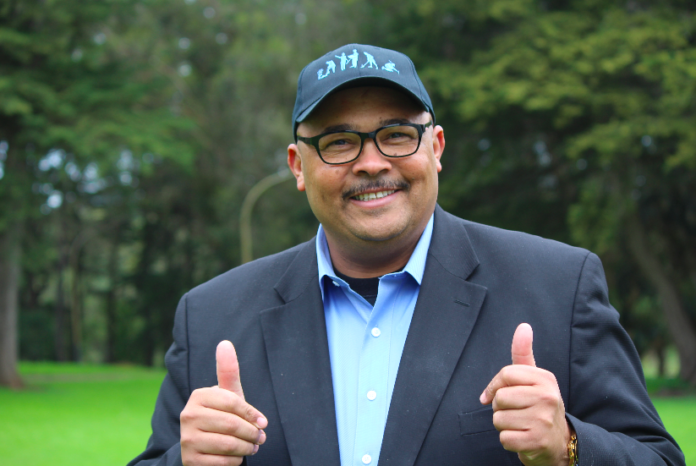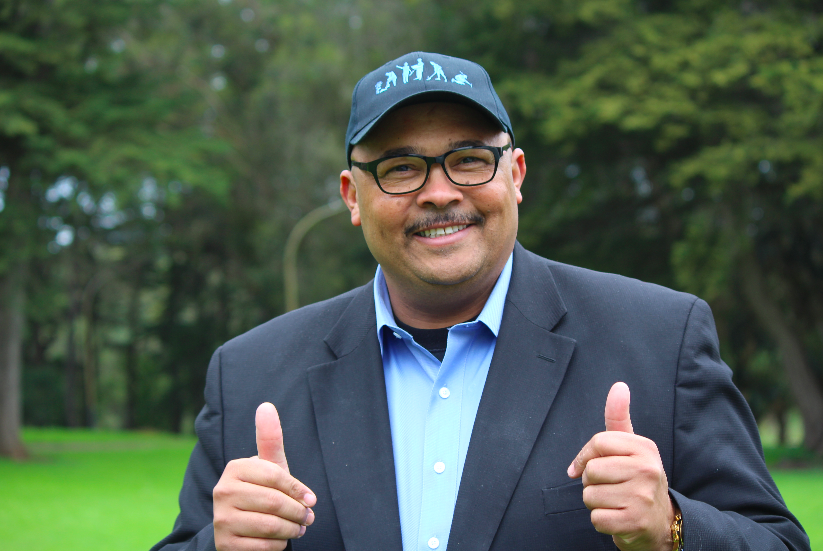
The city controller and city attorney released a report this week showing how a lack of oversight and loopholes in ethics laws allowed the culture of corruption to bloom at City Hall.
The report says, in essence, that DPW Director Mohammed Nuru – with the consent of former Mayor Ed Lee and Mayor London Breed – has the ability to issue lucrative contracts to his friends and allies with virtually no public oversight.

Unlike most major city departments, DPA has no commission to provide regular public scrutiny. The director, operating as an appointee of the mayor, can pretty much do whatever they want with public money.
A significant number of the more than $1.4 billion that DPA issued between 2017 and 2020 in contracts went through no bidding process at all:
General as-needed contracts under Chapter 6 only require the department head’s written determination that the work is needed and written justification for using this contracting process rather than a formal competitive process. Such contracts made up 90 percent of Public Works Chapter 6 professional services contracts for construction (pre-qualified pool), equivalent to $135.7 million in contract value.
Unlike other Chapter 6 departments, Public Works is not overseen by a board or commission, and the designation authority provided by the Mayor to the director of Public Works to approve contracts over the threshold amount is inconsistent with practices at other Chapter 6 departments. As such, there is no external oversight over Public Works’ Chapter 6 procurement.
Nuru gave out $10.5 million in contracts with no solicitation or bid process at all; $3.5 million worth of contracts have no paperwork at all, so it’s impossible to figure out why the money was spent or how the vendors were chosen.
Because DPW has no commission, the legal authority to approve contracts of more than $700,000 lies with the mayor. But starting in 2011, under Lee, and continuing under Breed, the mayors have simply redelegated that authority back to the head of DPW.
There are, the report found, no rules at all limiting the ability of Nuru or other senior DPW officials to shake down contractors for donations to charities.
If, for example, a member of the Board of Supes calls a corporation or developer and asks them to give money to a nonprofit, that’s deemed a “behested contribution” and must be disclosed.
Help us save local journalism!
Every tax-deductible donation helps us grow to cover the issues that mean the most to our community. Become a 48 Hills Hero and support the only daily progressive news source in the Bay Area.
Not so for Nuru and his top staff, who could call at will anyone who wanted to do business with the city and ask them to give money to an organization that might (as with the Lefty O’Doul’s scam) then use that money to throw a party for DPW staff.
They can also accept gifts of any sort from anyone with whom they have a “prior relationship.” That can mean almost anything.
Remember, DPW is a huge department with a lot of money to spend. And it’s clear that favored contractors got a lot of it.
As Haney noted during Monday’s Rules Committee hearing,
DPW is a department that really is a massive department in terms of its scope of work. And it’s something that has grown. It often tends to be used as a kind of a catch-all for the different work that the executive branch has wanted to be done.
Breed announced yesterday that she’s going to add more accountability to the DPW contracting process. That, Sup. Matt Haney told me, is something she could have done five months ago, when word of the scandal involving Nuru first broke.
In fact, he said, “next to nothing has been done by the executive branch” as the ongoing scandal has unfolded.
Haney is introducing a series of reforms that would change the way business is done at DPW. From his press statement:
“The Controller’s analysis makes it clear that we need sweeping structural reform in City Hall. We’ve let years of corruption waste taxpayer dollars,” said Haney. “City bureaucrats have awarded millions of dollars in contracts to their friends with no oversight. And in too many cases they’ve gotten kickbacks for themselves under the table. The casual, blatant corruption in our city government goes far beyond Director Nuru. We have to root out the bad actors and change the laws that allow pay-to-play politics,” said Haney.
He is introducing a five-part bill that would close the loopholes identified by the controller. He also wants to split DPW into two departments, one dealing entirely with streets and street cleaning, and put commissions over both of them:
Most of DPW’s work actually is not street cleaning or even street facing. The department director is not required to have expertise or demonstrated experience or knowledge in the area of street cleaning or maintenance, in part because most of the work that the department does is actually in the area of public infrastructure. There’s a disconnect between what the residents of our city think the DPW does and what they actually do.
As a result, he said:
Our streets, especially downtown, are still covered with trash and feces and needles. They were that way before this pandemic, and in many way things have worsened in past few months.
Several of our high density and high traffic sidewalks they are covered in waste and soaked with urine. And despite more money into street cleaning in the past few years, things have not improved and in many ways, things have gotten much worse. We have illegal dumping that continues to happen throughout our city. Especially on the east side of the city.
And it’s also worsened in recent years. On top of that our city lacks clear service baselines and there are broken trash cans when you can find one and not nearly enough when you need one. There’s little sidewalk deep cleaning that happens in our city. The public bathrooms are insufficient and inadequate. And despite all of this there’s no regular accountability or transparency as it relates to the state of our streets or the progress that needs to be made.
The acting director of DPW, Alaric Degrafinried, had a rather stunning response to Haney’s comments. Essentially, Degafinreid said there aren’t any problems – and the problems that do exist are the fault of homeless people.
Check it out:
We have put processes in place that have addressed some of the deficiencies that were here at public works. In large part they seem to be isolated to the issues regarding — and the homelessness issue — with the response to the homelessness and in the navigation centers and things like that in place. In large part those issues have been addressed.
I think that is not necessarily stated in the proposed report. And the one thing that I would like to also point out is the one thing that, you know, that needs to be addressed is, you know, certainly in our job to keep the streets clean and things like that, however, we also need to recognize that the street behavior also needs to be addressed.
It appears that nothing has changed at DPW.
So over the next few weeks, we are going to see a critical debate at the full board – and potentially at the ballot. The Mayor’s Office, so far, has not been at all interested in anything that would create a new commission and limit the mayor’s power to control DPW (and its billions in contracts). At this point, there are only five cosponsors for Haney’s Charter Amendment to break up DPW and put the two new agencies under commissions. (Do I need to list them? Haney, Ronen, Gordon Mar, Shamann Walton and Dean Preston.)
Critics have argued that the new structure would cost about $10 million a year.
Yes: And one year’s worth of apparently corrupt contracts far exceeds that cost.
“It is unthinkable that at this time, with all the evidence we have seen, that the Board of Supervisors can’t muster six votes for anti-corruption legislation,” Haney told me.
If that sixth vote appears, and the measure goes on the ballot, will the mayor oppose it? Will DPW contractors raise money to defeat it?
The “culture of casual corruption” is about to face some political reckoning.
